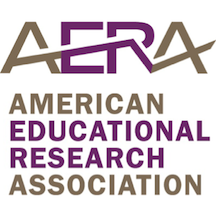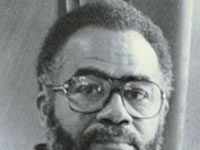 A new study from the American Educational Research Association finds that in states that have banned affirmative action, the share of underrepresented minorities among students admitted to and enrolling in public universities has steadily lost ground relative to changing demographic trends among those states’ high school graduates.
A new study from the American Educational Research Association finds that in states that have banned affirmative action, the share of underrepresented minorities among students admitted to and enrolling in public universities has steadily lost ground relative to changing demographic trends among those states’ high school graduates.
The states that have banned the consideration of race in college admissions are; California, Texas, Washington, Florida, Arizona, Georgia, Michigan, Nebraska, New Hampshire, and Oklahoma. Just last month the state of Idaho joined the list (See JBHE post.)
The authors – Mark Long of the University of Washington and Nicole Bateman of the Brookings Institution – analyzed trends in minority representation among applicants, admittees, and enrollees in 19 selected public universities in the states with affirmative action bans, from the time their bans went into effect through 2015.
Averaging across the 19 universities studied, in the year prior to the affirmative action bans the share of underrepresented students (Black, Hispanic, and Native American students) among enrolled U.S. students was 15.7 percentage points below these students’ share of high school graduates in the universities’ states. However, this gap rose to 16.8 percentage points, on average, in the year immediately after the ban, and the gap increased in subsequent years to 17.9 percentage points.
Among the nine flagship universities in the study, the underrepresentation gap grew from 11.2 percentage points to 13.9 percentage points immediately after the ban and to 14.3 percentage points by 2015.
Since public universities are prohibited from using affirmative action, Professor Long said that “if we expect flagship public universities to reflect the racial and ethnic diversity of their states, then policymakers must work harder and better to alleviate the pre-college disparities and improve college readiness for underrepresented students.”
The full study, “Long-Run Changes in Underrepresentation After Affirmative Action Bans in Public Universities,” was published in Educational Evaluation and Policy Analysis, a peer-reviewed journal of the American Educational Research Association. It may be accessed here.










